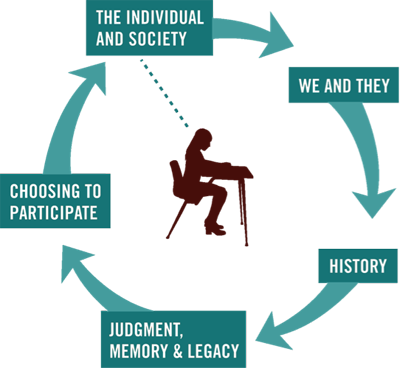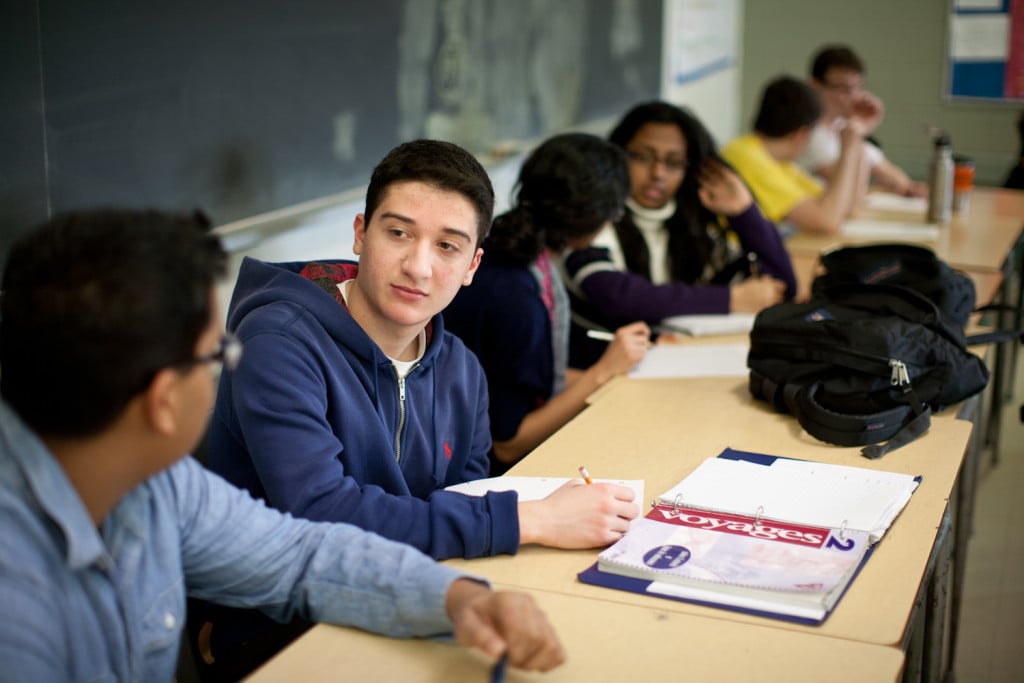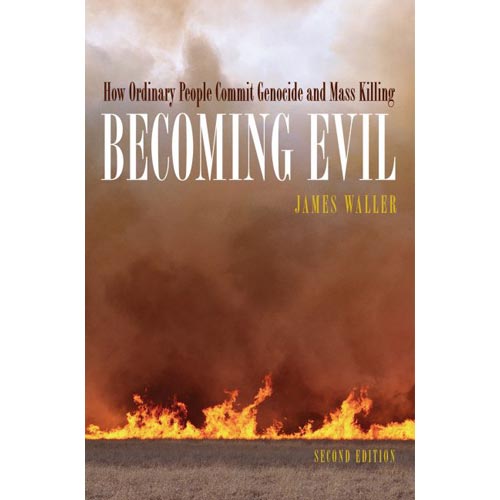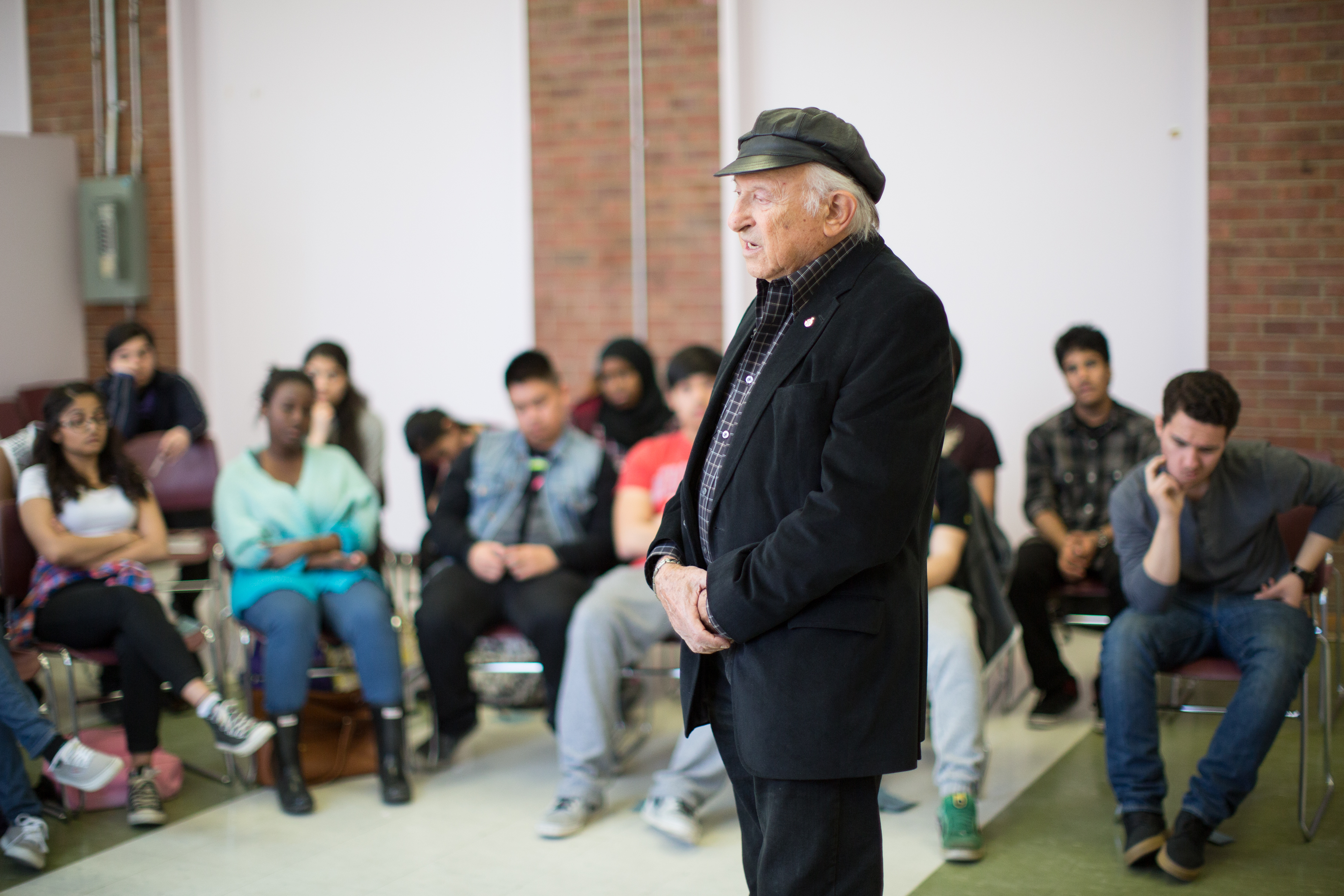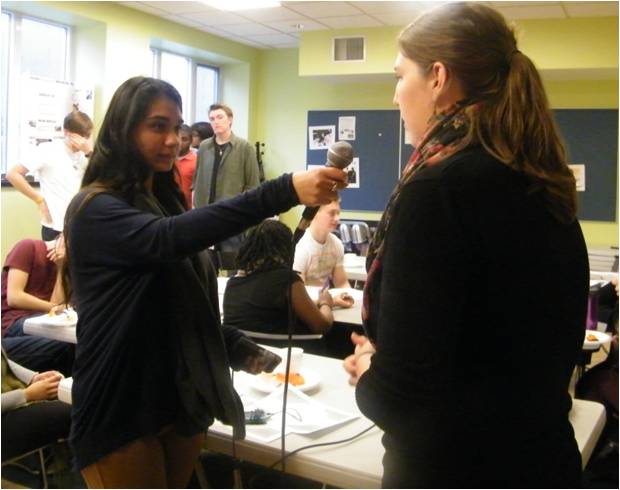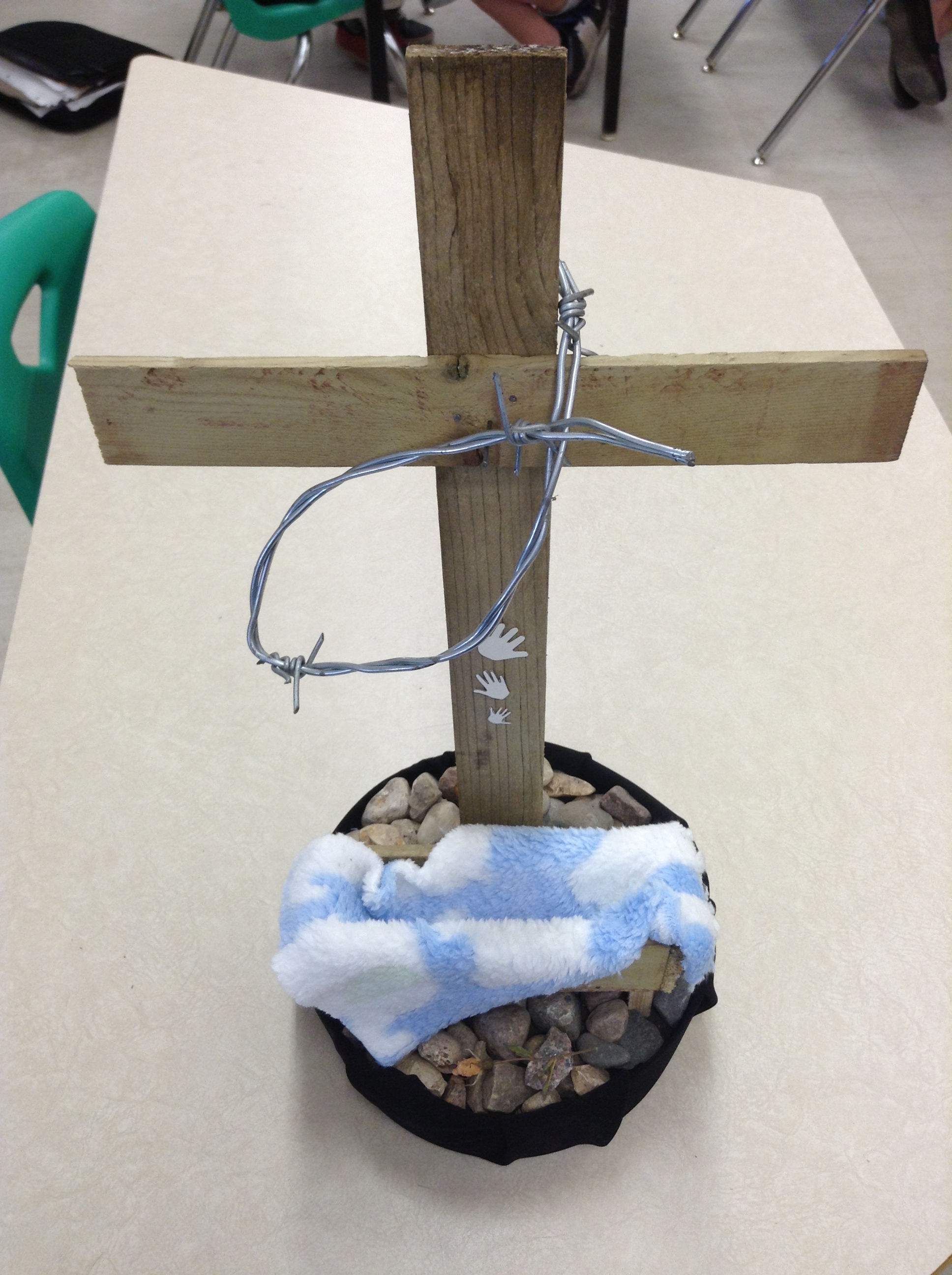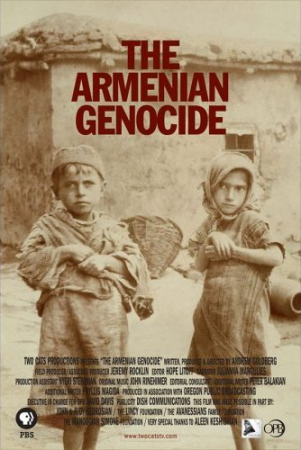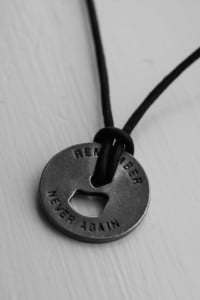At the release of the Truth and Reconciliation Commission of Canada’s final report, the call to educate all Canadians about the treatment and legacy of Residential Schools was loud and clear.
Facing History high school teacher Cheryl Payne-Stevens embarked on this important (and daunting!) task with her students and shared her experience with us:
Read More
Topics:
Choosing to Participate,
Facing History and Ourselves,
History,
Canada,
Genocide and Crimes Against Humanities Course,
Lesson Ideas
One of the questions that we often struggle with as teachers, and even more so as teachers that cover issues of genocide, is How do we even begin to understand something that is so far removed from most of our personal experiences?
Read More
Topics:
Choosing to Participate,
Safe Schools,
Identity,
Strategies,
Genocide and Crimes Against Humanities Course,
Lesson Ideas,
Inside a Genocide Classroom
On November 6, 2014 Facing History and Ourselves co-presented an evening with Professor Dr. James Waller, discussing the role of Nazi doctors in the persecution of gay men during the Holocaust.
Explore the culture, psychological, and social factors that drove Nazi policy against gay men and justified, in the minds of Nazi doctors, their perpetration of such atrocities.
Read More
Topics:
Professional Development,
Antisemitism,
Events,
Facing History Resources,
History,
Upstander,
Waller,
Genocide and Crimes Against Humanities Course
“Ms. Payne, we are so privileged to witness these survivors’ stories. We must do something with this knowledge.”
Such a mature and poignant statement. This is what we want from all of our students: Not to be passive listeners, but to contemplate and then choose to participate.
Read More
Topics:
Choosing to Participate,
Strategies,
Genocide and Crimes Against Humanities Course,
Lesson Ideas,
Inside a Genocide Classroom
Stories matter: They shape the way we see ourselves, the way we see others, and the way we understand history. By sharing and listening to stories, we recognize ourselves as part of the human story, as individuals who can change the narrative by making positive choices and shaping our world.
Read More
Topics:
Safe Schools,
Identity,
Media Skills,
Technology,
digital stories,
Radiozilla,
Genocide and Crimes Against Humanities Course
Memorializing the Armenian genocide.
I have always been fascinated by the creation of – and purpose behind – memorials and monuments. I can appreciate the level of thought and detail that goes into each and every design.
Read More
Topics:
Art,
Facing History Resources,
Memorial,
Genocide and Crimes Against Humanities Course,
Lesson Ideas
When teachers flip the calendar to August, the countdown is on. Inevitably, we begin planning for the next school year. One of the beautiful things about being a teacher is the opportunity for new beginnings.
I am always reflecting on how I can improve a lesson, unit or activity and the Facing History website is a go-to resource for me. Here are my five recommended resources from the Facing History website to inspire your classroom practice this year:
Read More
Topics:
Antisemitism,
Choosing to Participate,
Facing History Resources,
History,
Holocaust Education,
Genocide and Crimes Against Humanities Course
We are very happy to welcome the voice of student Anmol Sandhu to the Facing History and Ourselves Ontario Network blog this week as she reflects on the power of choosing to participate.
Read More
Topics:
Choosing to Participate,
Identity,
Media Skills,
current events,
We and They,
Culturally Responsive and Relevant Pedagogy,
Genocide and Crimes Against Humanities Course,
CHG,
Social Justice
As a high school teacher, one of the most common things that I hear when walking through the hallways is the refrain of students dishing out advice to their friends: “If that happened to me, I would’ve done/said _______.”
When I hear it, my first reaction is to wonder if there is truth in the advice. And if there is, how much?
Read More
Topics:
Choosing to Participate,
Identity,
History,
Strategies,
Genocide and Crimes Against Humanities Course,
Lesson Ideas
I wear a pendant around my neck. It’s about the size of a quarter and it has the silhouette of a solitary candle carved out of the middle. Written around the candle are the words Remember and Never Again. It’s a simple, yet powerful design. A student, noticing this, asked me why I often wore it and what it meant. Instead of answering the question directly, I turned it back to her. I told her that a friend of mine had bought it for me at the United States Holocaust Memorial Museum in Washington D.C. and I asked her why we study the Holocaust. Why do we need to remember?
Read More
Topics:
Art,
Facing History Resources,
History,
Memorial,
Strategies,
Genocide and Crimes Against Humanities Course,
Lesson Ideas,
CHG

